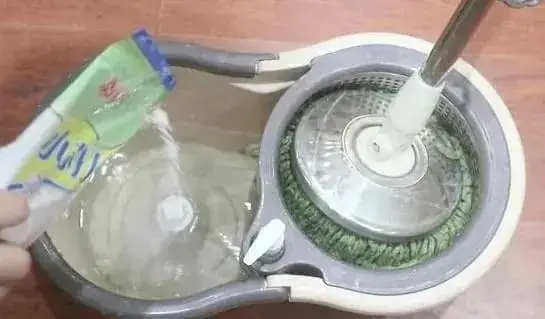
Defrosting Fish in Water Is a Mistake! Use This Method for Fast, Odor-Free, and Firm Fish
Defrosting Fish in Water Is a Mistake! Use This Method for Fast, Odor-Free, and Firm Fish
Try these quick and effective fish defrosting tips to prevent fishy odors, maintain firmness, and keep it fresh, ensuring your family’s health and delicious meals.
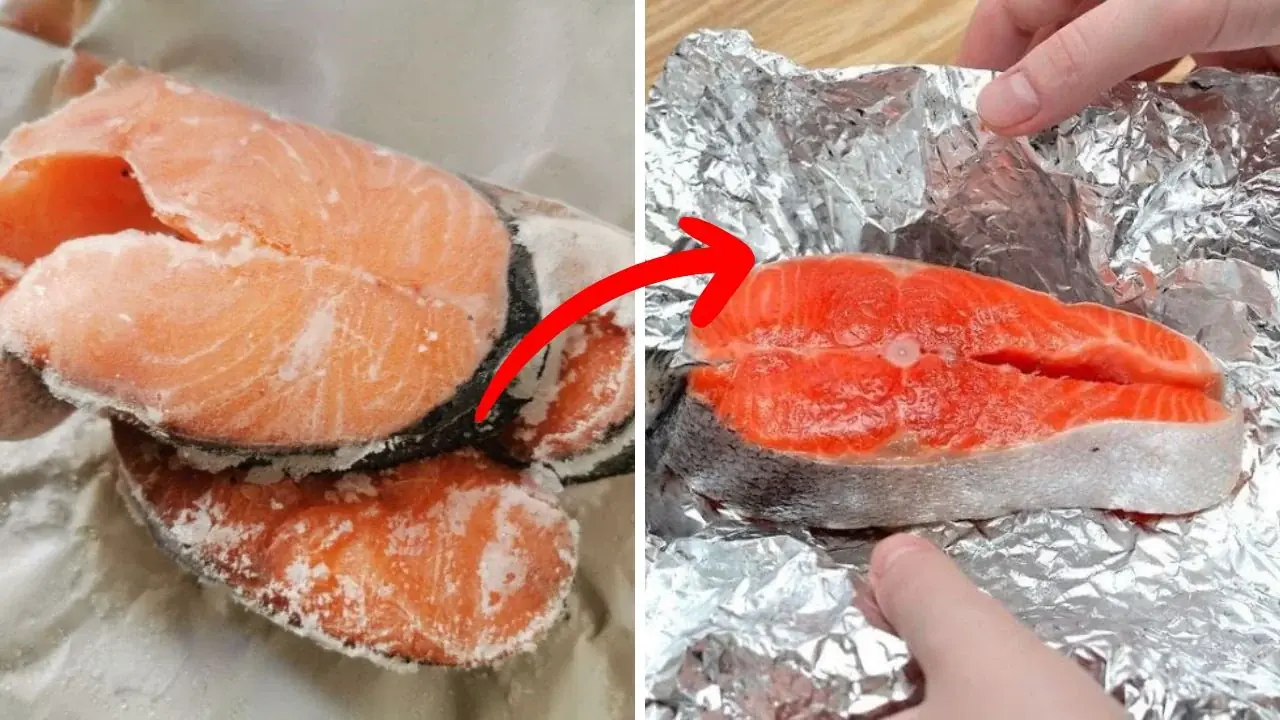
With today’s busy lifestyle, freezing food for storage has become essential. While frozen food offers convenience, defrosting it properly can be a challenge. Here’s how to defrost fish quickly without making it mushy or smelly, while preserving its freshness.
Best Ways to Defrost Fish Quickly While Keeping It Fresh
1. Use Salt
Salt is not only a crucial seasoning but also a powerful natural defrosting agent. It helps thaw fish quickly and efficiently while maintaining its freshness.
How to do it:
-
Place the frozen fish in a bowl or basin.
-
Rub salt evenly over the surface of the fish.
-
Let it sit for 20-30 minutes until fully defrosted.
-
Rinse the fish with clean water before cooking.
💡 Tip: Since salt has already been used in defrosting, you may need less salt when seasoning your dish.
2. Use White Vinegar and Water
White vinegar contains natural acids that speed up the defrosting process while also eliminating fishy odors.
How to do it:
-
Fill a bowl with cold or lukewarm water (not hot!).
-
Add a small amount of white vinegar and stir.
-
Place the fish in the mixture for 20-30 minutes until thawed.
-
Rinse before cooking.
💡 Bonus: White vinegar not only speeds up defrosting but also removes unpleasant smells, making your fish taste fresher.
Common Defrosting Mistakes to Avoid
🚫 Leaving food to thaw at room temperature
-
Letting frozen food sit at room temperature for too long can cause bacterial growth, increasing the risk of food poisoning and digestive issues.
🚫 Defrosting with hot water
-
While hot water may seem like a quick fix, it damages the texture and quality of the fish.
-
High temperatures also promote bacteria growth and destroy nutrients in the fish.
🚫 Refreezing thawed food
-
Refreezing fish after it has been defrosted increases bacterial contamination, making it unsafe to eat.
-
If you won’t use all the fish, portion it before freezing to avoid unnecessary refreezing.
🚫 Cooking frozen food for longer periods
-
Cooking frozen fish without defrosting can result in uneven cooking—it may be raw inside while overcooked outside.
-
Overcooking to compensate for frozen fish reduces nutrients and alters the natural taste.
By following these defrosting hacks, you can save time, prevent foodborne illnesses, and enjoy fresher, tastier fish in your meals!
News in the same category


How to store rice properly to prevent moths and keep it fresh longer
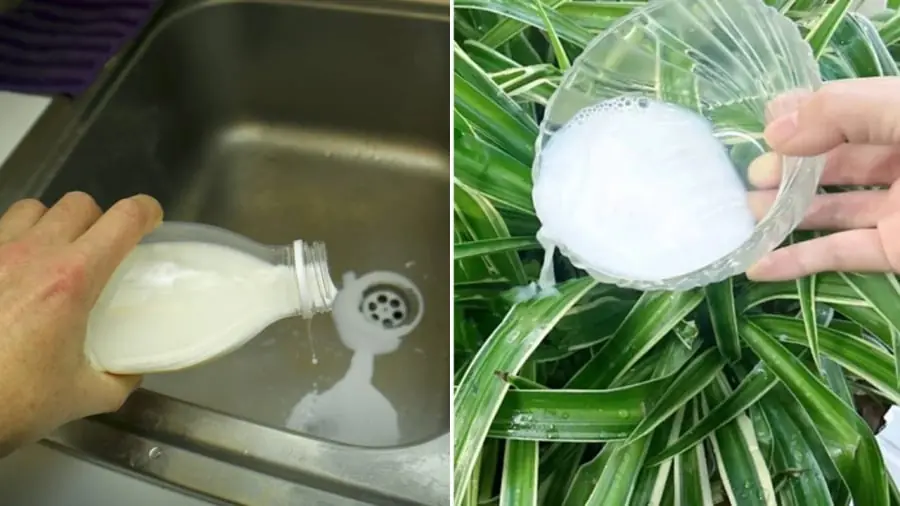
Don’t Throw Away Expired Fresh Milk — Keep It for These 4 Amazing Uses

How to drive away an entire rat colony using simple household ingredient
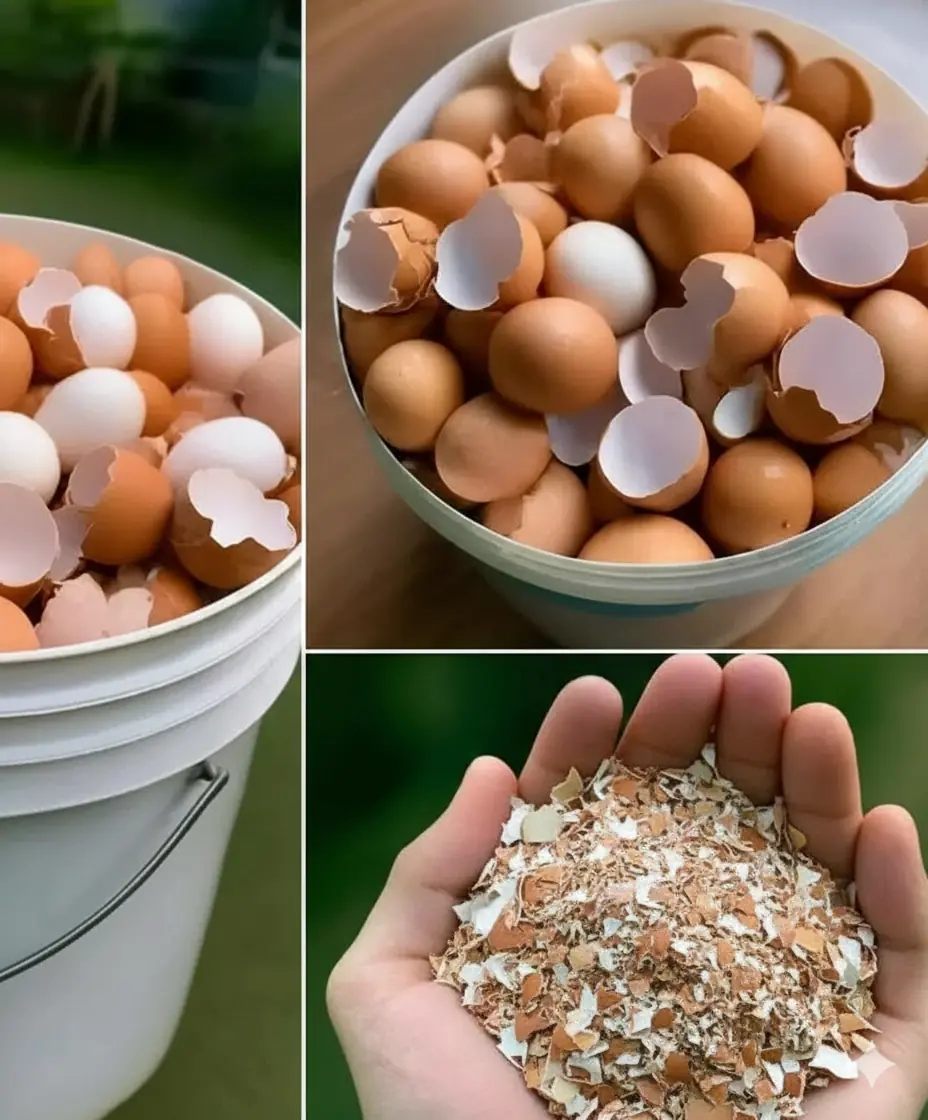
Boil eggshells and say goodbye to waste: The surprising uses you need to know
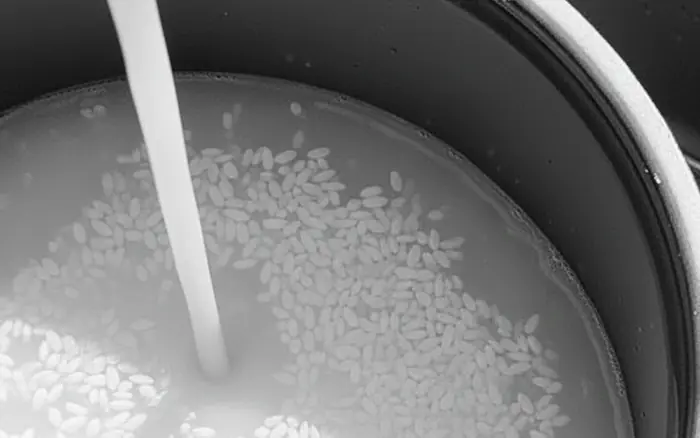
Cooking Rice with This Milky-White Liquid Is Far Better Than Using Plain Water: Tastier Rice, Better Skin, and Protection Against Many Diseases

Garlic skins may seem useless, but they can be surprisingly helpful in daily life

Mixing Toothpaste with Salt: Surprising Uses and Benefits You Can Try at Home

The ring you pick will reveal your truest trait
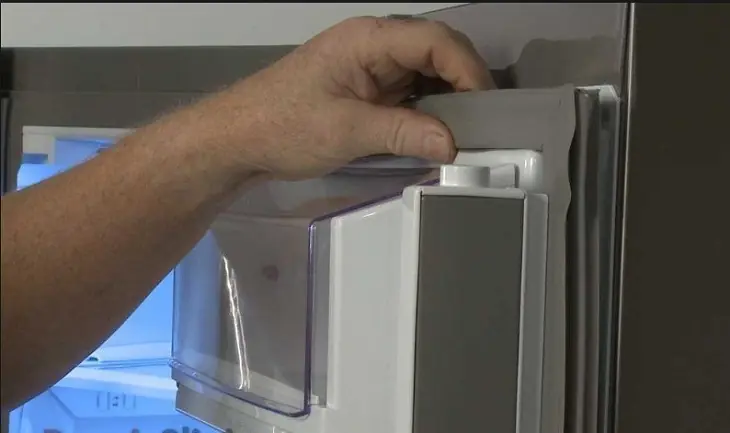
The right way to clean your refrigerator’s rubber door seal
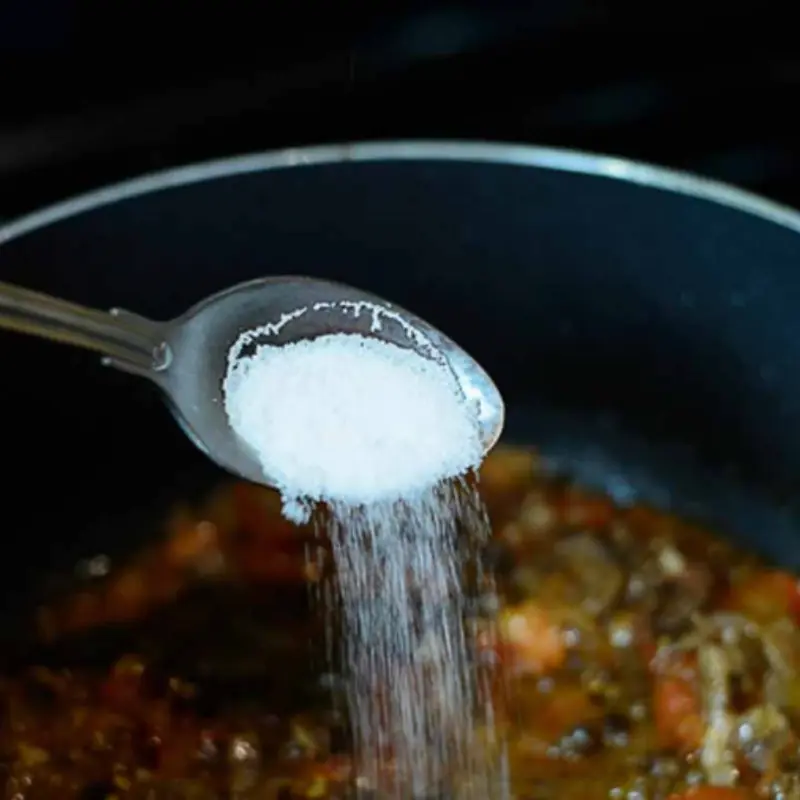
Oversalted your dish? Don’t dilute it with water—add this one ingredient to balance the flavor fast.
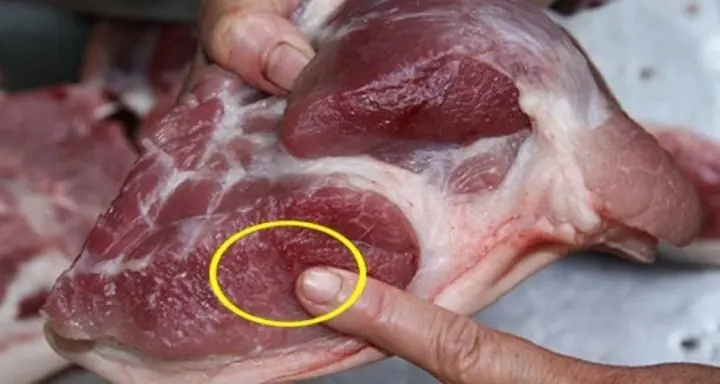
Butcher’s Honest Advice: When Buying Pork, It’s Best to Avoid These Three Types — Only the Uninformed Like Them

How to Effectively Remove Black Mold Spots from Household Items
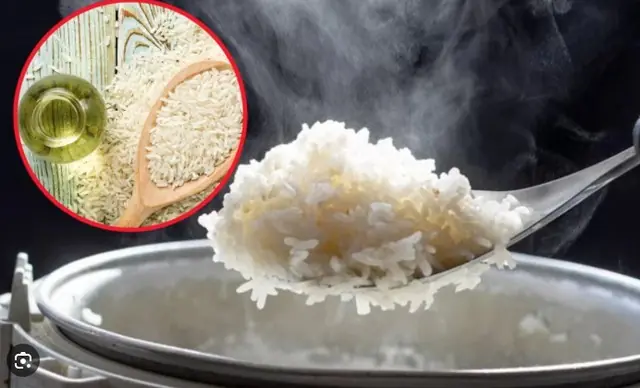
Many people cook rice every day—but still get it wrong: 4 simple tips for tastier rice and better digestion
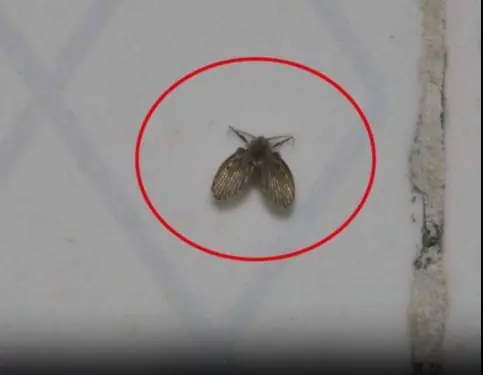
Little Black Bugs in the Bathroom? Here’s What They Are & How to Get Rid of Them for Good

Add a Few Drops of Oil to an Onion: A Simple Home Trick That Repels Mosquitoes and Improves Sleep
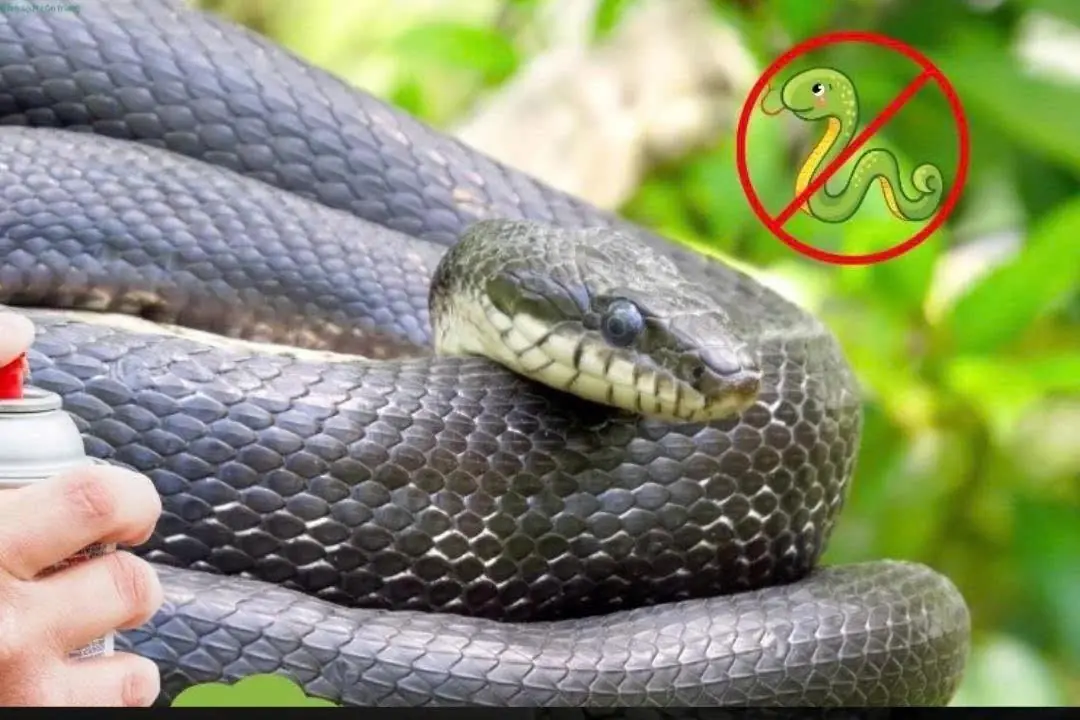
To prevent snakes from entering your house, you can apply the following methods.
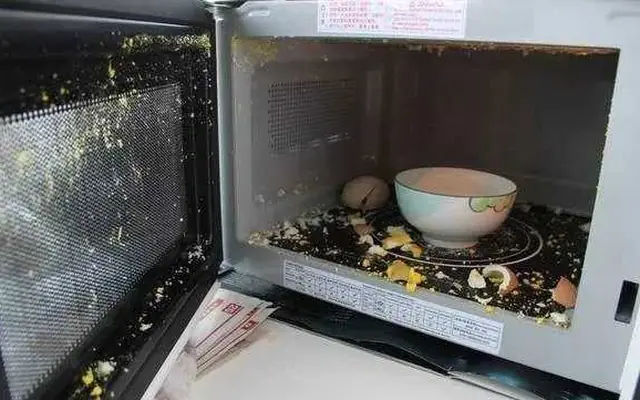
Never reheat these 5 items in the microwave!

How to Fix a Weak Toilet Flush at Home - No Technician Needed
News Post

Health experts warn that one popular habit with boiled eggs could raise your risk of artery blockage, but countless people still follow it every day

Not Everyone Should Eat Onions: Here’s Who Needs to Be Careful

Warning: 10 Overlooked Symptoms That Could Signal Bloo.d Can.cer

Mopping with Plain Water Is Pointless: Add This One Thing and Your Floor Will Shine Like a Mirror All Week!

Stir-Fried Squid with Green Onions & Chili
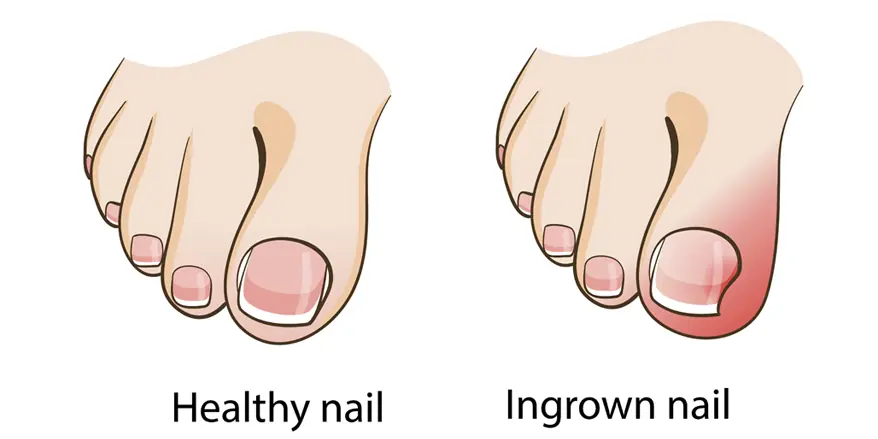
If you have these 6 signs on your feet, you should see a doctor soon because your health is having serious problems

Beef Rolls with Asparagus (Soy Garlic Glaze)
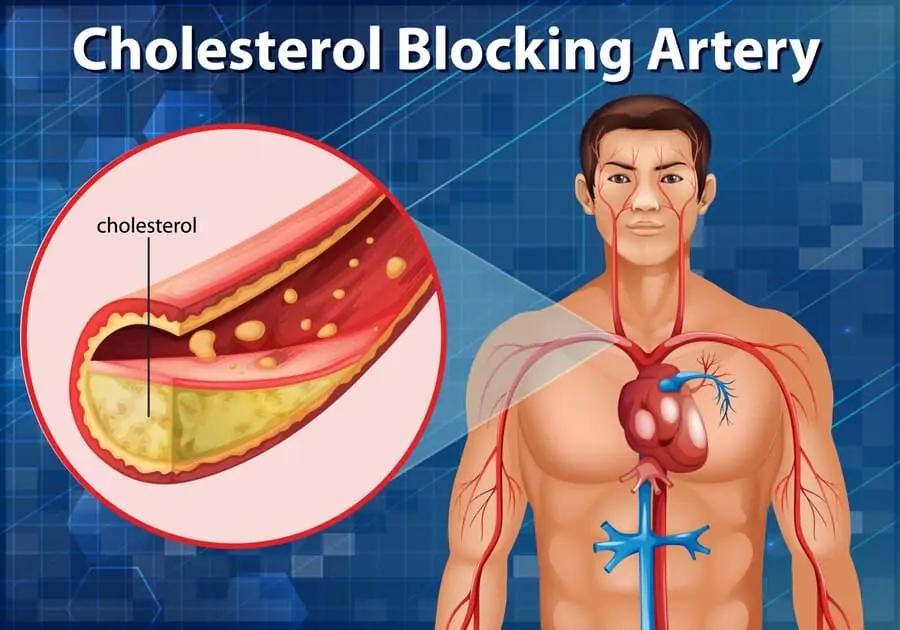
Off The Record One Month Before A Heart Attack, Your Body Will Warn You Of These 7 Signs

Vietnamese Spicy Pork Ear Salad

Four Drinks You Should NEVER Have in the Morning—Even If You Wake Up Extremely Thirsty: They Damage the Li.ver, Harm the Kid.neys, and “Steal” Your Lifespan

Thai Shrimp Glass Noodle Salad (Yum Woon Sen)

Crispy Roast Duck with Soy Glaze

Baked King Crab with Garlic Butter & Cream Sauce

Spicy Garlic Chili Crab

Pan-Fried Fish Cakes with Spicy Red Sauce

Pumpkin Crunch Parfaits

Calling all sweet potato fans!

4 Finger Changes You Shouldn’t Ignore — Possible Signs of Lung Cancer

Middle-Aged People, Stop Doing These 7 Things-Even in the Cold Winter-Before It's Too Late!
